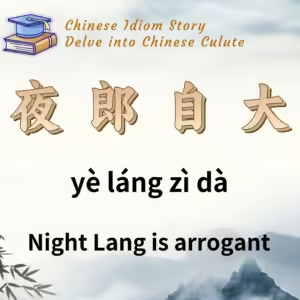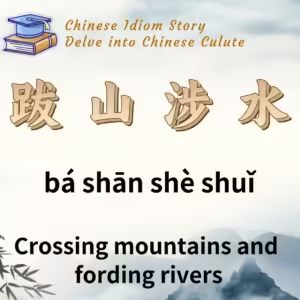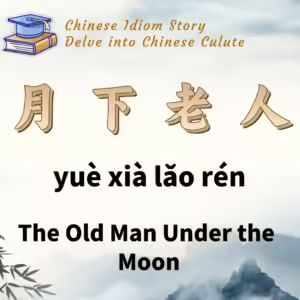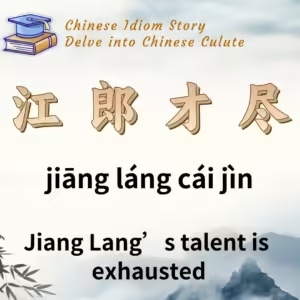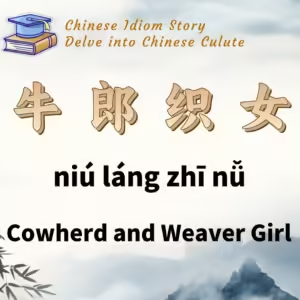
Chinese Idiom: 牛郎织女 (Niu Lang Zhi Nv)
English Translation: Cowherd and Weaver Girl
pīn yīn: niú láng zhī nǚ
Idiom Meaning: This idiom symbolizes the plight of lovers who are separated by great distances or circumstances and can only reunite once in a long while.
Historical Source: Shu Yi Ji by Ren Fang, Liang Dynasty (南朝·梁·任昉《述异记》)
Idiom Story
The tale of the Cowherd (牛郎) and the Weaver Girl (织女) is a classic Chinese legend. According to the story, the Weaver Girl is a celestial maiden who weaves beautiful clouds and silk in the heavens. She is the daughter of the Jade Emperor and is known for her exceptional weaving skills. Despite her celestial status, she is burdened by her endless tasks and has little time for personal happiness.
Moved by her hard work and loneliness, the Jade Emperor arranges for her to marry the Cowherd, a mortal who lives on the western side of the Milky Way. After their marriage, the Weaver Girl neglects her weaving duties and enjoys her time with the Cowherd, forgetting her responsibilities.
Enraged by her neglect, the Jade Emperor orders her to return to the heavens, allowing her to meet the Cowherd only once a year. The two lovers are separated by the Milky Way, symbolizing the great distance and the infrequent nature of their meetings.
The story is celebrated annually during the Qixi Festival (Chinese Valentine’s Day), which falls on the 7th day of the 7th lunar month. It represents the enduring love between the Cowherd and the Weaver Girl, despite the obstacles that keep them apart.

